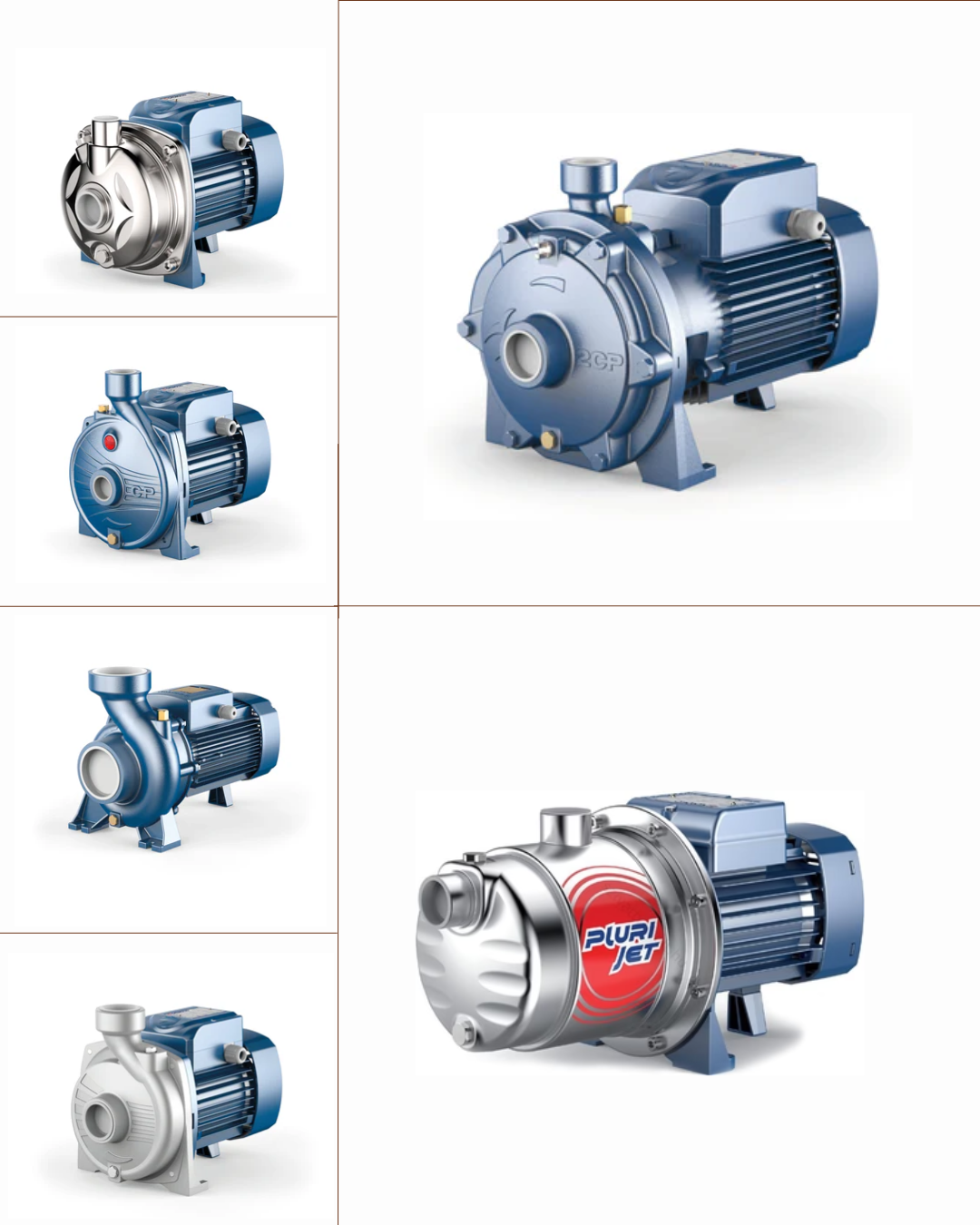5 Common Water Pump Problems and How to Fix Them
Posted by Allen Wright on
Have you ever found yourself dealing with a water pump that just won't work as expected? Whether it's for a home, business, or industrial operation, water pump issues can be frustrating and costly if left unresolved. Did you know that nearly 60% of pump failures result from avoidable problems like poor maintenance or incorrect operation? Understanding the most common water pump problems and their solutions can save time, money, and stress.
At Power Plus Retailers Powered by Wilchestrade LLC, we understand the importance of keeping water pumps in peak condition. With a range of the best reliable quality water pumps, including Pearl pumps, we’re here to help you address these challenges effectively.
In this blog, we’ll discuss five frequent water pump problems and offer practical troubleshooting tips to get your system back on track.
1. Pump Not Delivering Enough Water
One of the most common water pump problems is insufficient water delivery. This can result from a variety of issues, including:
· Clogged Intake Filters: Dirt and debris can block the intake, restricting water flow.
· Leaks in the Suction Line: Even small leaks can significantly reduce the pump's efficiency.
· Incorrect Sizing: If the pump isn't suitable for your application, it may fail to meet water delivery needs.
How to Fix It:
· Check and clean the intake filters regularly to remove any obstructions.
· Inspect the suction line for leaks and repair or replace damaged sections.
Ensure you’re using a pump designed for your specific requirements, such as a heavy-duty industrial water pump for demanding applications.
2. Overheating
Overheating is a critical issue that can lead to pump damage if not addressed promptly. It often occurs due to:
· Running Dry: Operating a pump without water can cause severe overheating.
· Blocked Pipes: Obstructions in the system can force the pump to work harder, generating excessive heat.
· Faulty Bearings: Worn bearings increase friction and heat within the pump.
How to Fix It:
· Never operate a pump without ensuring adequate water supply.
· Inspect pipes for blockages and clear them immediately.
Replace faulty bearings to restore smooth operation. For high-performance solutions, consider stainless steel water pumps that offer durability and heat resistance.
3. Pump Won’t Start
A water pump that refuses to start is a common frustration. The usual suspects include:
· Electrical Issues: Loose connections, blown fuses, or a tripped circuit breaker can prevent the pump from starting.
· Damaged Motor: Wear and tear or water damage can impair the motor.
· Improper Voltage Supply: Pumps require a consistent power supply to operate efficiently.
How to Fix It:
· Check the electrical connections and ensure they are secure.
· Replace blown fuses or reset the circuit breaker.
· Verify that the pump is receiving the correct voltage; consult a professional if necessary.
· If the motor is damaged, contact a service provider for repair or replacement.
4. Noisy Operation
Excessive noise during operation is more than just an annoyance; it’s often a sign of a problem. Common causes include:
· Cavitation: Air bubbles in the pump cause vibrations and noise.
· Worn Components: Parts like bearings, impellers, or seals can wear out over time, causing abnormal sounds.
· Loose Mountings: A pump that isn’t securely mounted may vibrate excessively.
How to Fix It:
· Ensure the suction line is fully submerged to prevent air from entering the system.
· Inspect and replace worn components to restore quiet operation.
Tighten loose mountings to stabilize the pump. When noise persists, upgrading to an industrial high-pressure water pump may provide a quieter and more efficient solution.
5. Leaking Pump
Leaks are another common water pump problem that can lead to wasted water and energy. Causes of leaks often include:
· Worn Seals or Gaskets: These parts can degrade over time, allowing water to escape.
· Corrosion: Metal components exposed to harsh environments may corrode, creating leaks.
· Loose Connections: Improperly tightened fittings can lead to leaks.
How to Fix It:
· Inspect seals and gaskets regularly and replace them when worn.
· Use corrosion-resistant materials like stainless steel water pumps to minimize the risk of leaks.
· Tighten loose connections carefully without overtightening, which can cause damage.
Why Wait to Solve Your Water Pump Issues?
Are you dealing with one or more of these common water pump problems? Whether it’s an industrial high-pressure water pump or a heavy-duty industrial water pump, finding the right solution is essential for efficiency and performance. At Power Plus Retailers Powered By Wilchestrade LLC, we offer the quality water pumps, including Pearl pumps, designed to address these challenges with ease.
With our expertise and high-quality products, you can resolve pump issues quickly and confidently. Browse our selection of water pumps to find the ideal solution for your needs, or contact us for expert advice. Together, we can ensure your water pump performs reliably, day after day.

